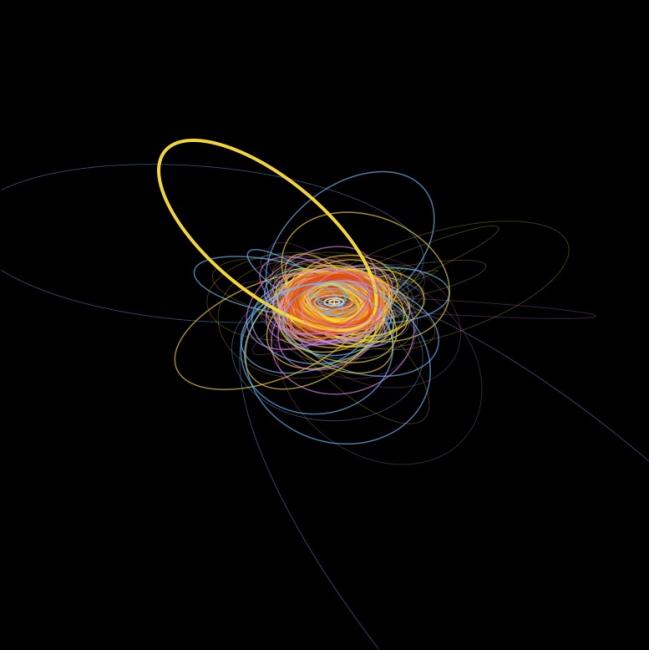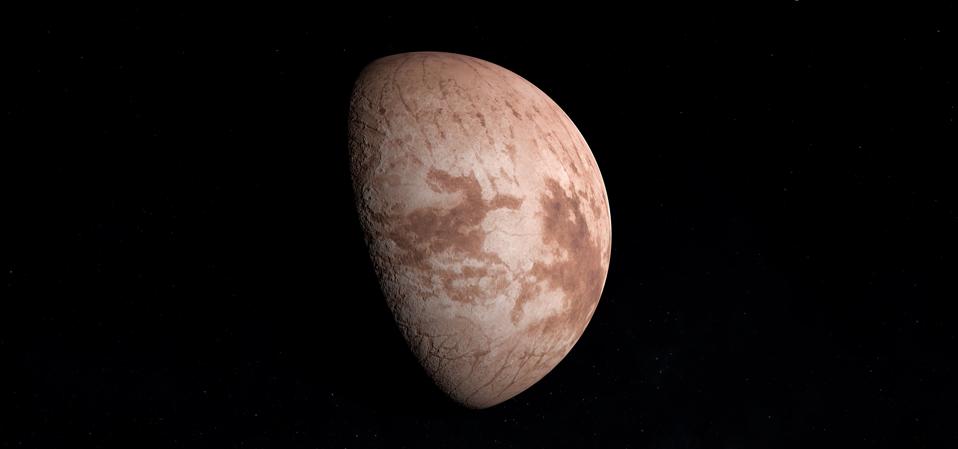Luminance from skyscrapers can cause birds to lose their way. The noise from boats and ocean drilling affects the hearing of whales. And animals that rely on smell? Pollution from industrial emissions is interfering with their sense of smell, potentially having serious consequences for the crops we eat that depend on pollinators. In a recent study, researchers have demonstrated how air pollution is altering the pleasant smell of flowers and disrupting the signals nocturnal pollinators rely on to find nectar. The study, published in the journal Science, is the first to show how pollution is causing a chemical reaction that degrades the scents which nocturnal insects depend on to find flowers. While the impacts of light and noise pollution are well known, this research highlights the lesser-known but damaging effect humans are having on wildlife that rely on scent to navigate the world. “There’s growing interest in sensory pollution,” said Jeff Riffell, a biologist from the University of Washington who co-authored the study. He added that air pollution “could be having widespread effects on a variety of different ecological processes.”Odor plays a crucial role in much of the animal kingdom. Dogs use their noses to greet each other. Salmon return to their birthstreams to spawn by following their scent. Ants and other insects rely on pheromone trails to navigate their surroundings. Trapped in our visual and auditory bubble, humans are largely unaware of this. “We are visual and auditory animals,” Riffell said.A particular type of insect, called a hawk moth, which Riffell and his colleagues focused on, uses its antennae to detect the scent of flowers from over a kilometer away. Once they locate a patch of wildflowers, the moths hover in midair and feed on nectar, their rapid wingbeats often causing them to be mistaken for hummingbirds. A favored flower of theirs is the pale evening primrose, a whitish flower that blooms at night. In the fields in eastern Washington state, the research team captured the scent of the flowers. They then isolated the individual chemicals that comprised the scent in the lab. Up close, “it’s an intense smell,” said Joel Thornton, another University of Washington researcher who collaborated with Riffell on the study. But the moths are able to detect it from a distance. “It’s just absolutely fascinating that they can detect such low concentrations,” Thornton said. Atmospheric chemists like himself build expensive instruments to detect minute amounts of scent compounds, but “biology has already achieved that,” he stated. However, pollution can disrupt this remarkable sense of smell. The team discovered that certain scent chemicals that moths found attractive deteriorate in the presence of NO3, a potent pollutant formed from the emissions of cars, coal plants, and other industrial sources. NO3 accumulates in the air at night due to its destruction by sunlight. In lab experiments, two moth species — the white-lined sphinx and the tobacco hawk moth — struggled to fly to the primrose scent when exposed to NO3 levels typically observed at night in cities. When the researchers then treated the scent from both actual and artificial flowers emitting odor with NO3, the visits by wild moths dropped by about 70 percent.“The flowers only bloom once per night,” Riffell said. “Without their pollinators, there can be a huge change in the plant community.”Robbie Girling, a chemical ecologist at the University of Southern Queensland in Australia who was not involved in the research, mentioned that the study is “the first in this area” to focus on the effects of nighttime pollution on pollinators. “It’s really exciting and also a bit scary to see the results,” he said. In his own research, Girling found that filling a field with diesel exhaust and ozone reduced the number of times bees and other daytime pollinators visited black mustard flowers. Noting that the moth study only involved a few species, “how you extrapolate that out more widely, you have to be very cautious,” Girling said. However, he suggested that it is likely that air pollution “could have wider-spread impacts” on ecosystems around the world. “We’re at a very early stage of really understanding how big a deal it is,” Girling remarked.
How air pollution impacts the ability of pollinators to locate flowers















